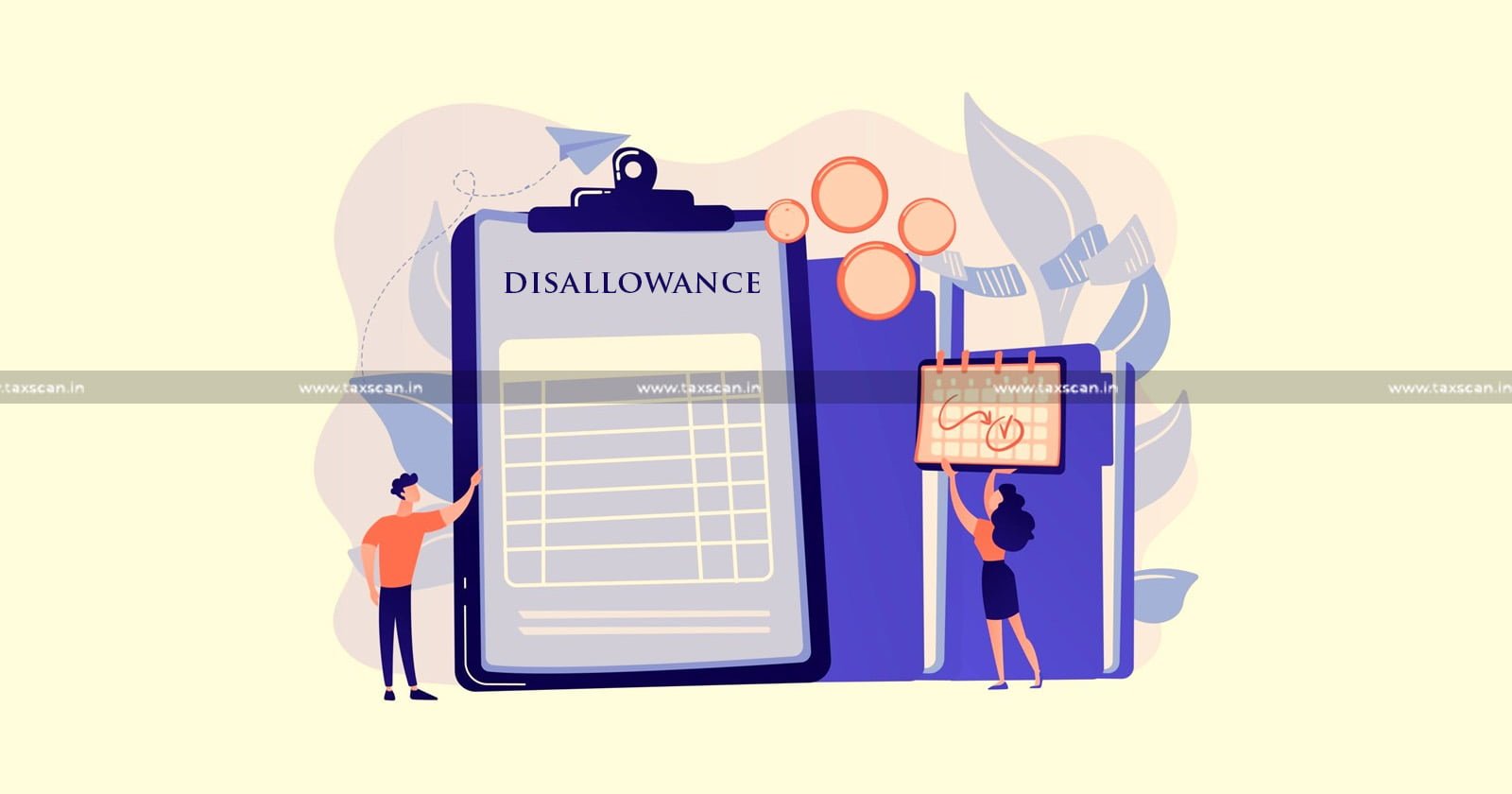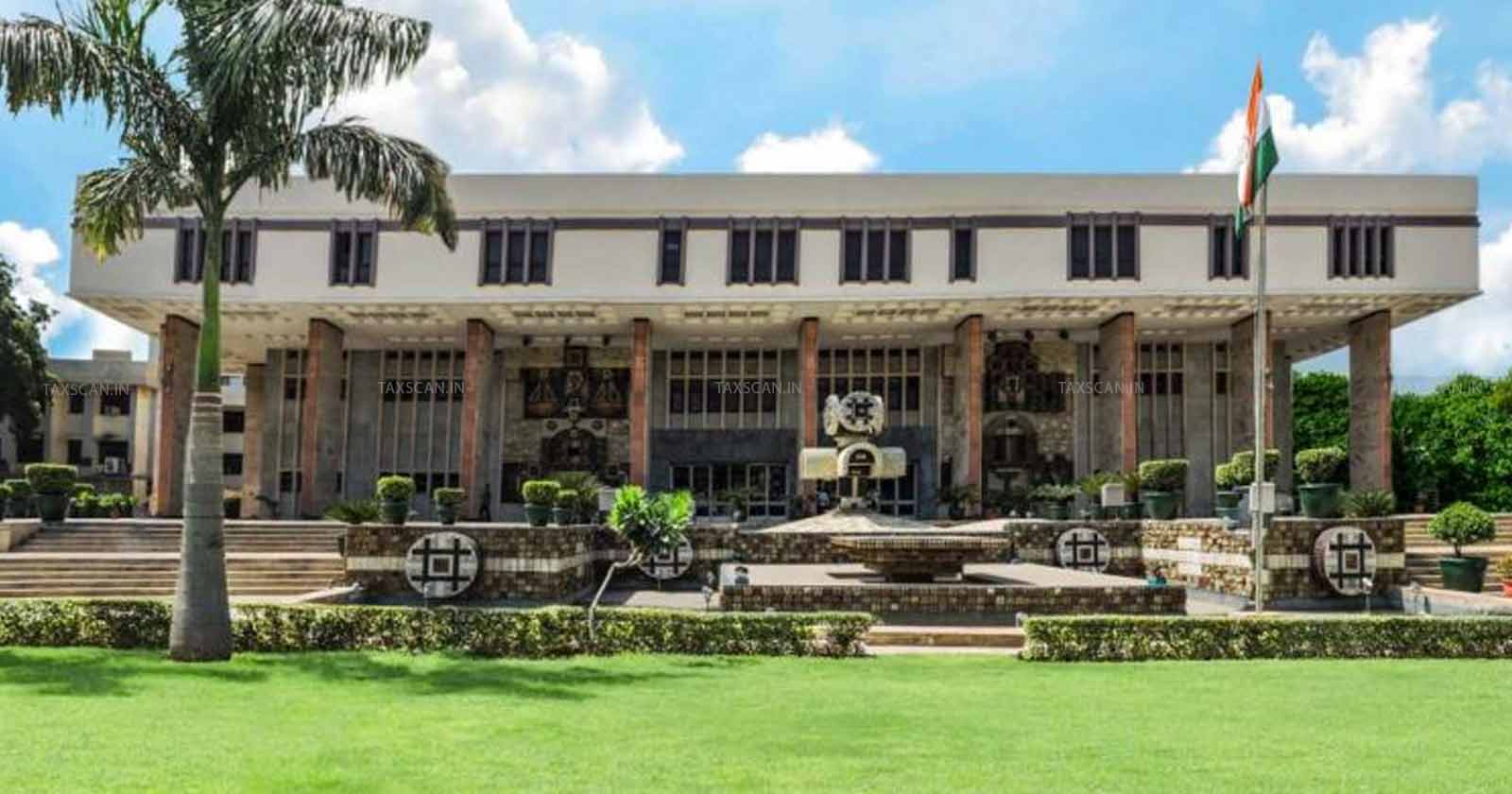Delhi High Court Upholds ITAT Order: Dismisses Revenue's Appeal Against DCF-Based Valuation of Unquoted Shares
The bench noted that the assessee had valued the unquoted equity shares held by the assessee in SAFL by the DCF method and that the same was permissible under Rule 11UA(2) of the Rules.

The Delhi High Court upheld the Income Tax Appellate Tribunal (ITAT)’s order and dismissed the revenue’s appeal against the discounted cash flow (DCF) method-based valuation of unquoted shares.
In this case, the revenue has appealed under Section 260A of the Income Tax Act, 1961, against the order passed by the ITAT for the Assessment Year 2016-17.
The assessee was engaged in the business of providing software support/maintenance services and, prior to financial year (FY) 2015-16, held a strategic equity stake of 20% in South Asia FM Ltd. (SAFL). SAFL is a well-known company with 39 FM radio licenses and stations across various cities in India. It also owned nearly half of three digital broadcasting companies that operate in major metros like Delhi, Mumbai, and Kolkata. All these stations broadcast under the popular ‘Red FM’ brand. The company’s ownership was split between three parties: the Assessee with 20%, Sun TV Ltd. holding the majority at 60%, and South Asia Multimedia Technology Ltd., based in Mauritius, with the remaining 20%.
 Also Read:Disallowance u/s 56(2)(viib) Invalid Despite Evidence of Creditworthiness: ITAT upholds CIT(A) Order [Read Order]
Also Read:Disallowance u/s 56(2)(viib) Invalid Despite Evidence of Creditworthiness: ITAT upholds CIT(A) Order [Read Order]
SAFL had to raise money for its business, and this was done by offering new shares at Rs. 20 each, which included a Rs. 10 premium. All three shareholders bought these shares in line with their existing stakes. The assessee bought 2.63 crore shares, paying a total of ₹52.6 crore. A Chartered Accountant valued SAFL’s worth at about Rs. 519 crore using a trusted method, and this valuation was accepted by all, including the Reserve Bank of India, which had no issues with the share subscription by one of the shareholders.
Comprehensive Guide of Law and Procedure for Filing of Income Tax Appeals, Click Here
To pay for its own share purchase, the Assessee raised funds by offering shares to its own shareholders, including Mr. Arjun Rao, who owned 51%, and Max Flexi Services Pvt. Ltd., which held 49%. An expert valued the assessee’s shares at around Rs. 2,772 each, and based on this, it issued just over 1 lakh shares, raising about Rs. 30.5 crore.
The Assessee had for the purpose of computing the FMV of its shares had valued its holding in SAFL by discounted cash flow (DCF) method and this was not accepted by the AO and the AO determined the FMV of the shares issued by the assessee at its book value and concluded that the same was in negative. The AO made an addition of Rs. 30.37 crores as the assessee’s income from other sources under Section 56(2)(viib) of the Income Tax Act, and this addition was upheld by the CIT(A).
The ITAT upheld the valuation report furnished by the assessee, noting that there was no error either in the methodology or the accuracy of the data on which the report was premised.
The assessee’s counsel relied on the ICAI Valuation Standard 301 Business Valuation, which states that the investment in a subsidiary could also be valued using the DCF method, as was done in the present case.
The revenue’s counsel contended that the fair market value (FMV) of the shares must be determined according to Rule 11UA of the Income Tax Rules, 1962. Under Section 56(2)(viib), the FMV should be the higher of the value calculated as per Rule 11UA or the value claimed by the company. He said that without calculating the FMV under Rule 11UA, it’s impossible to know which value is higher, as required by the act.
 Also Read:Revenue's Claim of Exceptional Case Rejected: Delhi HC Dismisses Appeal Over Monetary Threshold [Read Order]
Also Read:Revenue's Claim of Exceptional Case Rejected: Delhi HC Dismisses Appeal Over Monetary Threshold [Read Order]
Step by Step Guidance for Tax Audit & E-filing, Click Here
The Delhi High Court observed that the Assessing Officer (AO) had already calculated the share value under Rule 11UA and found it to be negative. So, even if we go by the AO’s calculation, since the Assessee’s valuation is higher and backed by evidence, it should be accepted.
The bench noted that the assessee had valued the unquoted equity shares held by the assessee in SAFL by the DCF method and that the same was permissible under Rule 11UA(2) of the Rules.
The High Court noted that the export report submitted by the assessee could not be rejected without the AO pointing out any material error in the data used by the expert.
The bench, consisting of Justice VibhuBakhru and Justice Tejas Karia, dismissed the revenue’s appeal.
Support our journalism by subscribing to Taxscanpremium. Follow us on Telegram for quick updates


